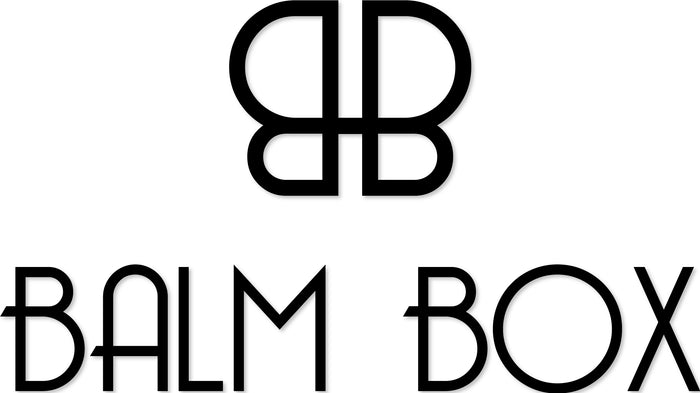Newly diagnosed and not sure where to start? My (highly personal) and (totally unsolicited) advice for those facing a new cancer diagnosis.

Newly diagnosed and not sure where to start? My (highly personal) and (totally unsolicited) advice for those facing a new cancer diagnosis.
Being told you have cancer is never easy. Hearing that you are ‘sick’ when you do not necessarily feel ‘sick’ is hard to process. After going through this song and dance more than a few times, below are my personal thoughts on how to handle meetings with your care team to determine your treatment plan. It goes without saying that I am NOT a physician, have no medical degree, am not offering formal advice or cures or promises or anything that a mean-spirited lawyer might in any way suggest I am taking responsibility for your personal decisions or treatment.
The below is simply my personal opinion on how to approach an initial diagnosis and answer the question: WHAT NOW?!
1. Treatment Plans are up for discussion – they are not a directive
Given my age and general good health, Doctors almost always recommended the MOST aggressive treatment plans for me - but ultimately, I was the one who made the decision regarding what I was willing to put my body through.
I focused on the odds. We are lucky to live in the age of information. There is great research and data on a patient’s odds of a recurrence or complication for most standard cancer treatments like surgery, radiation, chemotherapy, and hormone therapy.
This is SO subjective! For example: for me, engaging in hormone therapy would reduce my odds of recurrence by 50%. That sounds high, right? But in reality, post-lumpectomy and radiation treatment, my odds of recurrence were about 15%. 10 years of hormone therapy would take my odds of a breast cancer recurrence down to 8%. This is such a personal and subjective decision – are the side effects of hormone therapy worth an 8% reduction? Some women would say YES, absolutely! Others say, NO, not worth it!
Information is power and gave me more confidence in my choices.
2. I want partners, not dictators
Cancer treatments are brutal and unpleasant – for me, actively participating in my treatment plans helped me feel like I had a wee bit of control over my situation. Especially during the dark times, when I was so very tired, in pain, and emotionally spent, knowing that I CHOSE this treatment, that I was not a nameless, faceless, powerless patient lost among the whims of an oppressive medical establishment, was genuinely helpful.
To actively participate in my treatment plans, I needed a care team willing to include me in the upfront planning. I interviewed and selected doctors who were willing to collaborate with me as a partner – I did not want a medical overlord. In my ongoing cancer journey I have met some brilliant, skilled medical professionals that were horribly arrogant and dismissive. One made me cry in his office. No matter their stellar credentials, I refuse to work with other humans that are mean, rude, or downright creepy. I am incredibly fortunate that I live in a major metropolitan city and could choose from a variety of doctors, all covered by my health insurance.
Learning to actively interview and select care teams that aligned with my values and personality has been a game changer.
3. Nurse Navigators are worth their weight in gold
Inevitably, most cancer patients will work with more than one doctor at a time, and sometimes it is not clear when to call which doctor with a question or issue – enter the Nurse Navigator.
Not all medical centers keep Nurse Navigators on staff, but I was lucky that my local hospital includes a small team of Nurse Navigators. These professionals have been a phenomenal resource. Especially during my breast cancer treatments, my nurse navigator acted like a neutral third party who helped answer questions, made recommendations on the timing between appointments and guided me to the right specialists for my specific diagnosis and medical history. She was warm, smart, resourceful, and sympathetic. Having a medical professional who was only accountable to ME, not one of my doctors, who would listen to my concerns and provide thoughtful insights and suggestions was invaluable.
***
The common theme – at least for me – has been and continues to be choosing to be an active vs passive participant in my treatment plans. It has made a world of difference in my emotional health, and I’d like to think my physical health as well. I mean, cancer came at me four times and I’m still here right?! 😊



Brilliant! Proud to say I fired an oncologist who was arrogant and disrespectful!
Marjory Singher on
Thank you for your candor and courage!!
Sharon on